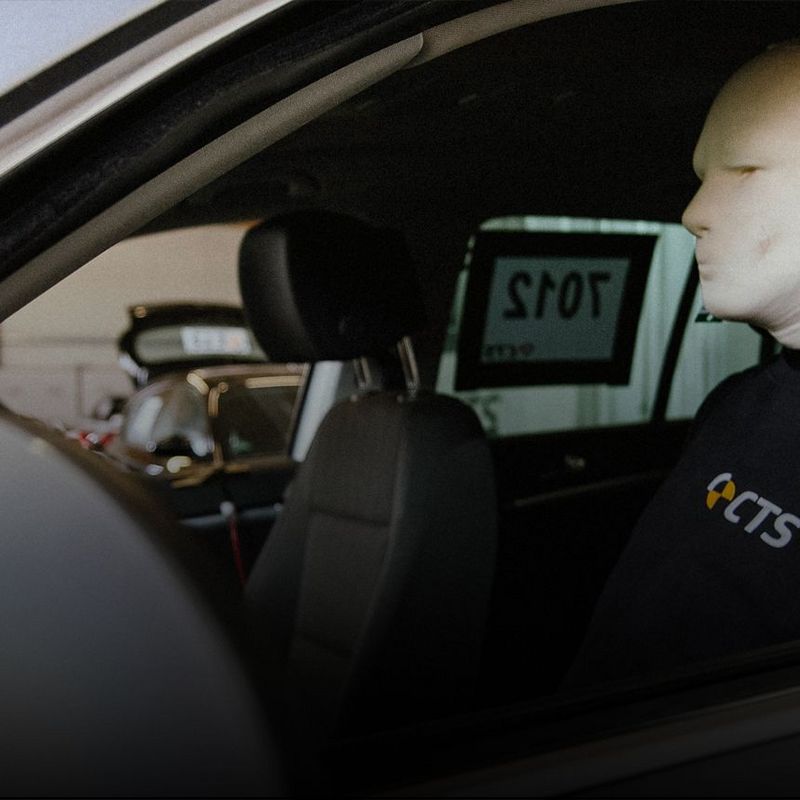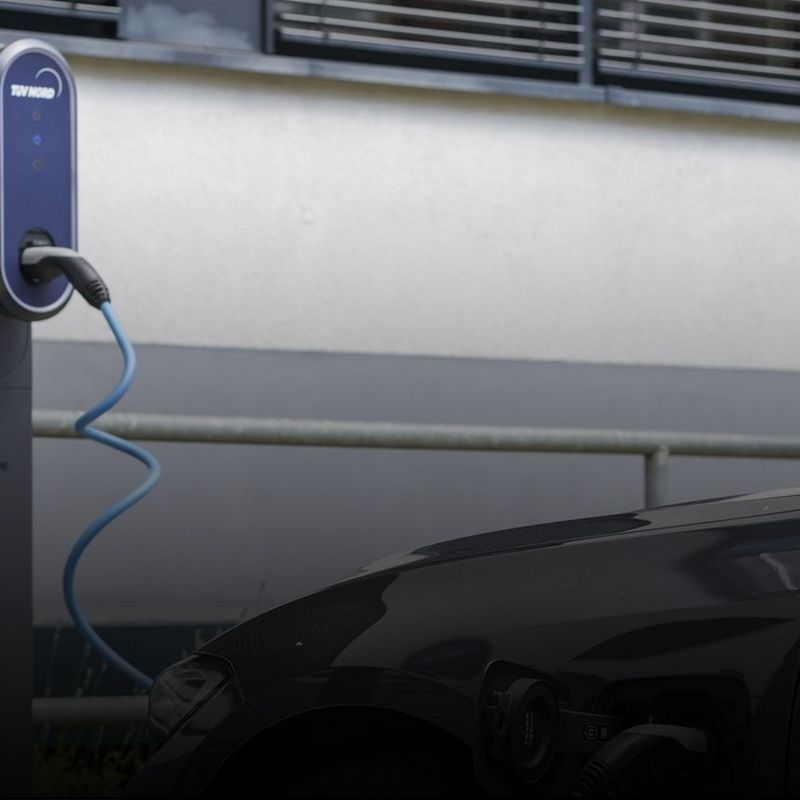11. May 2023
With its promise of more horsepower without tinkering with the engine, chip tuning sounds tempting, but it's not without risk. This article tells you how the optimisation method works and what needs to be taken into account.
How chip tuning works
Chip tuning as a term is, in fact, out of date. This is because only older cars that hit the road before 2000 actually have a new chip soldered to the engine control unit with the function of modifying the engine control system and boosting performance. “These days it’s the control units themselves which are reprogrammed; either that, or an additional module is placed upstream of the engine control unit to change the boost pressure or injection timings and generate more power,” explains Joachim Stoltmann, automotive expert at TÜV NORD. These tuning boxes do not directly change the engine control system. Instead, they “manipulate” it by showing it false facts or fake sensor data, based on which the engine control unit regulates the engine.
What chip tuning can do with an engine
“Chip tuning exploits the reserves of an engine to get the last bit of power out of it,” says TÜV NORD expert Stoltmann. Increasing power tends to drive up consumption. At the same time, a higher load is placed on the engines and transmissions than was originally envisaged by the carmakers. The higher the additional power, the more likely the engine is to run at operating temperatures for which the vehicle’s cooling system is not designed. “If you overdo chip tuning, catalytic converters and particulate filters can melt. In the worst case, you run the risk of thermal engine death,” Stoltmann warns. In other words, death through overheating.
Modification approval is required
Even before excessive chip tuning drives the engine to a heat-induced death, there are other potential consequences. “More power usually means higher engine speeds – in other words, louder engine noise,” the expert explains. The car’s emissions will also increase. “If the applicable emission limits are exceeded, the operating permit will be withdrawn,” he warns. Driving the car on public roads will then be prohibited. There will also be the risk of a fine and penalty points on your licence if road traffic is endangered by the lack of an operating permit.
Ensure you have a parts certificate or check the general operating permit
“If you do chip tuning, you should make sure that the components you use come with a parts certificate,” advises Stoltmann. Parts certificates have to be presented for the required modification approval procedure to be carried out by an inspection body like TÜV NORD. Putting you not only legally, but also financially on the safe side. This is because, in the case of “free” chip tuning – i.e. without a parts certificate or general operating permit – the experts have to carry out a complex individual acceptance procedure at a test centre: Exhaust emissions, engine performance, top speed and driving noise are all re-measured. “If necessary, we also look at whether the braking system can keep pace with the increased top speed,” the expert says. This kind of individual approval procedure can cost a few hundred euros – and may therefore be more expensive than the actual tuning.
Inform your insurer
Once you have the acceptance certificate from a test centre in your pocket, the next step is to go to the local vehicle registration office, where the tuning will be entered into the vehicle registration document. Before you modify your vehicle to increase its power, you should always inform your insurance company in writing about your plans. The insurer may then change your insurance premium: Boosting your car’s performance may tip it over into a higher type class, resulting in an increased premium for your third party insurance. If the value of the vehicle increases as a result of the tuning, the premium for comprehensive insurance may rise as well. If you don’t report the tuning, you risk losing your insurance cover. Although motor vehicle liability insurance pays for damage to other people's vehicles, your insurer can also seek recourse from you as vehicle owner: It can reclaim up to 5,000 euros if the tuning was the cause of the accident. In this case, the comprehensive insurance provider can reduce what it pays out or completely refuse to pay. The insurance companies also reserve the right to terminate an insurance contract without notice.
Safer with a warranty
As with other tuning measures, the following also applies to chip tuning: The carmaker’s warranty on all vehicle components affected by the chip tuning will become void. Therefore, when choosing a tuning box, you should make sure that the provider is offering a warranty for your engine and drivetrain. But even if reputable and legal chip tuning does not constantly push the engine to its extreme limits, “you will in any case have to be prepared for higher wear and tear and a shorter service life,” says TÜV NORD expert Stoltmann. “Manufacturers optimise engines and powertrains to achieve a balance between performance, fuel consumption and durability. And if you change one aspect of this overall system, it inevitably comes at the expense of the other factors.”



